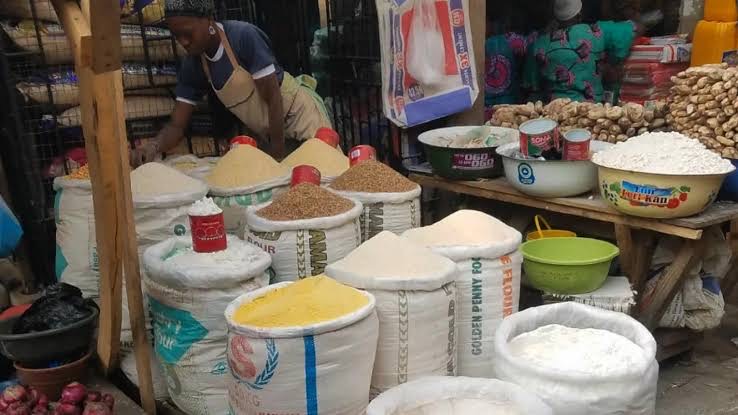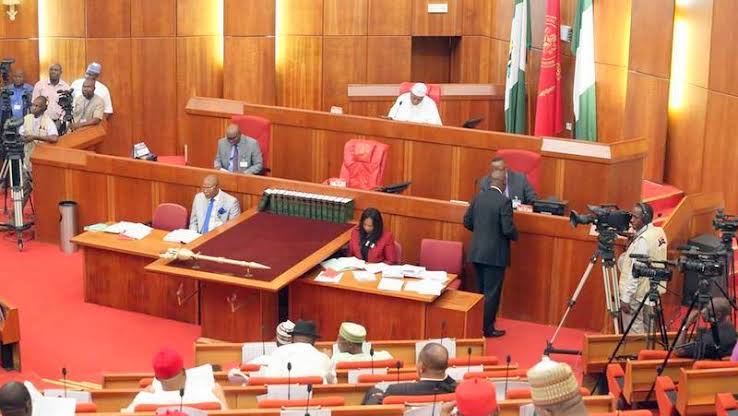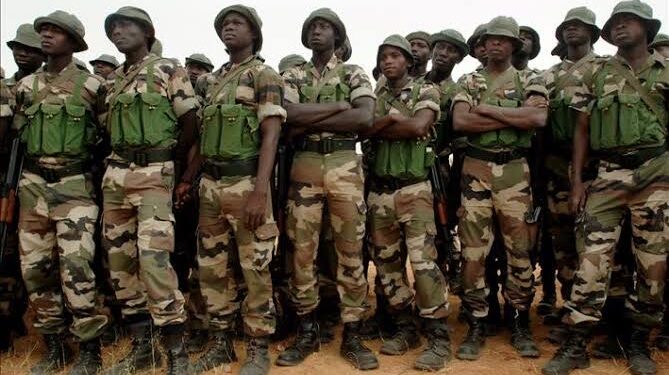As Nigeria deals with growing security threats ranging from terrorism and banditry to kidnapping and gang clashes, soldiers are increasingly demoralized due to inadequate pay.
Military officials have revealed that most soldiers receive starvation wages and poor social conditions despite the high risks and demands of their jobs. Civil Society Organisations (CSOs) have condemned the situation, especially among rank-and-file soldiers, and called for an immediate salary hike.
The rising cost of living has exacerbated the problem, affecting junior soldiers who currently receive a monthly salary of between 52,000 and 57,000 naira depending on rank and years of service.
These amounts are not enough to cover the daily basic needs of soldiers, especially those who sacrifice their lives to defend the country, the CSOs noted. There are soldiers deployed across all Nigerian states fighting terrorists, bandits, kidnappers, separatists, and gang violence.
Operating allowances, meant to cover food, transport, and other service-related expenses, are not only meager in amount but are often paid late or irregularly.

As a result, many soldiers have to borrow money, beg, or engage in petty trading to make ends meet, affecting their concentration and discipline.
Civil society organizations such as the Transition Monitoring Group (TMG), Transparency International (TI), and Civil Society Legislative Advocacy Centre (CISLAC) have argued for enhanced funding of the Nigerian army through improved budgeting and incentives.
Awal Musa Rafsanjani, speaking on behalf of civil society organizations, stressed the need for timely and transparent payment of salaries and allowances. He called for improved living conditions, better medical care, and proper allocation of resources to acknowledge the sacrifices of security forces.
Rafsanjani criticized the neglect of security forces by the blaming political class and demanded fair treatment and proper compensation. He reiterated that those who protect the security of the nation and its borders should not remain unsupported wherever they are in the world.
“We call on the Federal Government to increase the soldiers’ salaries and allowances to a level that reflects their sacrifices and contributions, ensure timely and transparent payment of salaries and allowances, and improve living conditions and medical care for soldiers and their families.”
“We want this issue to be resolved. Our security forces deserve due consideration as they contribute immensely to ensuring the safety of our people and securing our borders.”

I think this is one of the most unfortunate developments in Nigeria. Security personnel and Nigerian workers have been alienated by the political class. Adequate resources are not flowing to where they should be. Security agencies, university lecturers, and Nigerian workers should be considered,” Rafsanjani said in an interview.
Civil Society Organisations (CSOs) have maintained that the pay of rank-and-file members of the armed forces is grossly inadequate, but the National Assembly has promised to immediately address the issue by allocating additional resources to the armed forces if and when the issue comes to their attention.
Senate Spokesperson, Yemi Adaramodu revealed that the issue has yet to be raised in the National Assembly. He, however, stressed that the relevant Senate committees would diligently address complaints and public petitions on the pay of junior members of the armed forces if the Senate leadership deems appropriate.
Acting Director-General of the Defence Intelligence Agency, Brigadier-General Tukur Gusau, acknowledged that the Federal Government is already working on increasing the pay of soldiers.
































